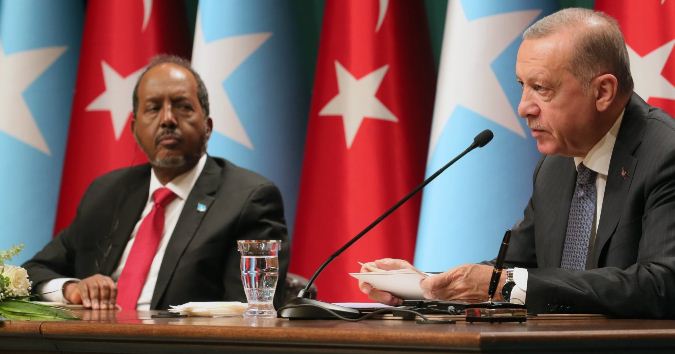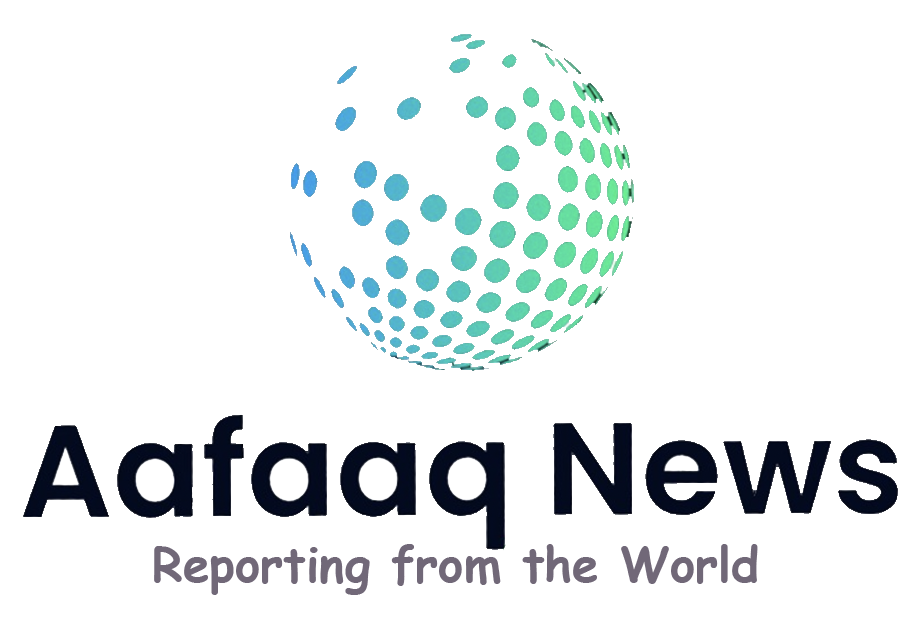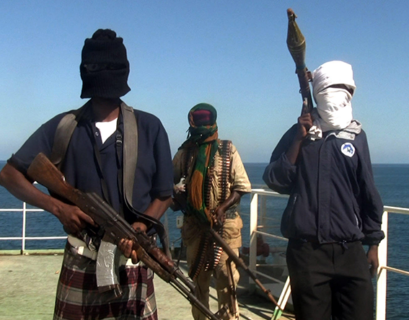Turkey’s recent decision to deploy its armed forces to Somalia for a two-year operation marks another chapter in the complex and often troubling relationship between the two nations. Approved by the Turkish parliament on Saturday, this deployment aims to support Mogadishu’s counterterrorism operations against the Al Qaeda-linked Al Shabaab insurgency. However, while this move might appear as a boost to Somalia’s security efforts, it raises critical questions about the Somali government’s effectiveness and sovereignty.

For over a decade, Turkey has been a pivotal player in Somalia, providing training, assistance, and advisory support to help restructure its defense and security forces. Despite these efforts, the Somali armed forces remain largely ineffective, plagued by economic challenges and systemic corruption. The continued dependence on foreign military assistance highlights the Somali government’s failure to build a self-sufficient and robust security apparatus.
The insurgency led by Al Shabaab, which has been raging since 2006, underscores the dire state of Somalia’s internal security. The Somali government’s inability to decisively combat this group has led to prolonged instability and suffering for its citizens. Al Shabaab’s goal of establishing a fundamentalist Islamic state is a direct challenge to the already fragile Somali state, yet the government’s response has been insufficient and often reactive rather than proactive.
Turkey’s intervention, while framed as a supportive measure, also raises concerns about Somalia’s sovereignty. The approval for Turkish military presence, including in Somali territorial waters, signals a troubling reliance on external powers for national security. This dependency not only undermines the Somali government’s authority but also compromises its ability to independently dictate national policy and defense strategies.
Moreover, the economic angle of this bilateral relationship cannot be ignored. Earlier this month, Turkey announced plans to send an exploration vessel off the coast of Somalia to search for oil and gas, part of a hydrocarbon cooperation deal between the two countries. This move, while potentially beneficial for Somalia’s economy, also smacks of neo-colonial exploitation. With Somalia’s governance structures in disarray, the fairness and transparency of such deals are highly questionable. There is a genuine risk that Somalia’s natural resources could be exploited without adequate compensation or benefit to its people, further entrenching poverty and inequality.
The Somali government’s eagerness to engage in such deals with Turkey, despite its glaring internal challenges, reflects poorly on its leadership. Instead of prioritizing the establishment of a stable and effective governance framework, Somali leaders seem more inclined towards quick economic fixes and superficial military solutions. This approach is not only shortsighted but also detrimental to the long-term stability and prosperity of Somalia.
The international community, including Turkey, must re-evaluate their approach to assisting Somalia. While military and economic support are crucial, they should not be provided unconditionally. There must be stringent measures to ensure that such aid contributes to sustainable development and the strengthening of Somalia’s own governance structures. Transparency, accountability, and a genuine commitment to reform should be prerequisites for any form of international assistance.














JBRCsUlcI
mQkwKBWCszUIfJ